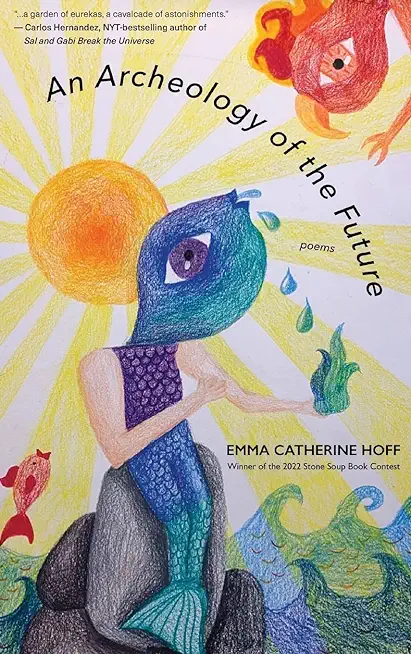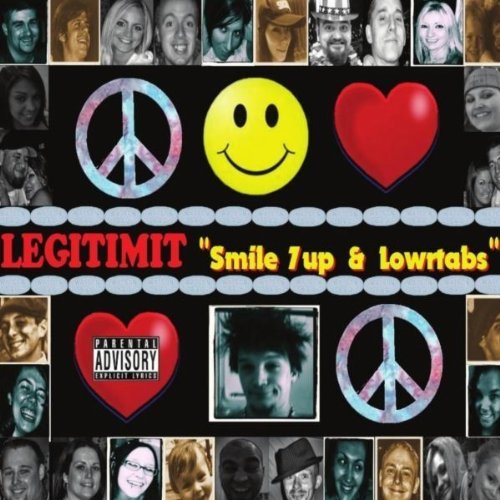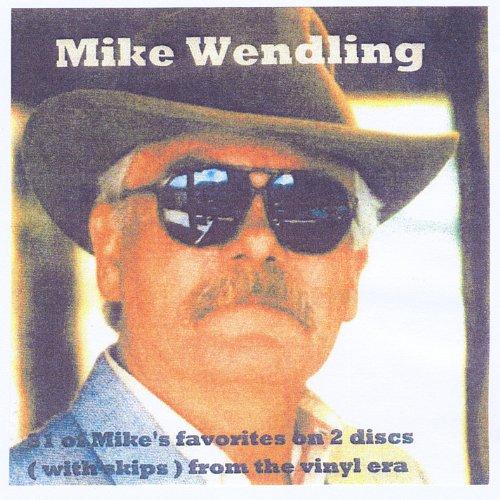
description
eople think." So ends the first poem in Emma Catherine Hoff's numinous debut, An Archeology of the Future-before proceeding calmly, curiously into the dark. People weep in the streets. The snow closes its eyes. Birds scream, a question begs the world for its answer, everything is "frozen yet moving." Hoff's world, like ours, is ending, and yet this is not a tragedy: "there was peace for Earth / with no one there." Walking the tightrope between humor and despair, rationality and absurdism, the sublime and the material, Hoff's poems are elegant, wise, ageless. These are poems written against eternity.
member goods
No member items were found under this heading.
Return Policy
All sales are final
Shipping
No special shipping considerations available.
Shipping fees determined at checkout.







